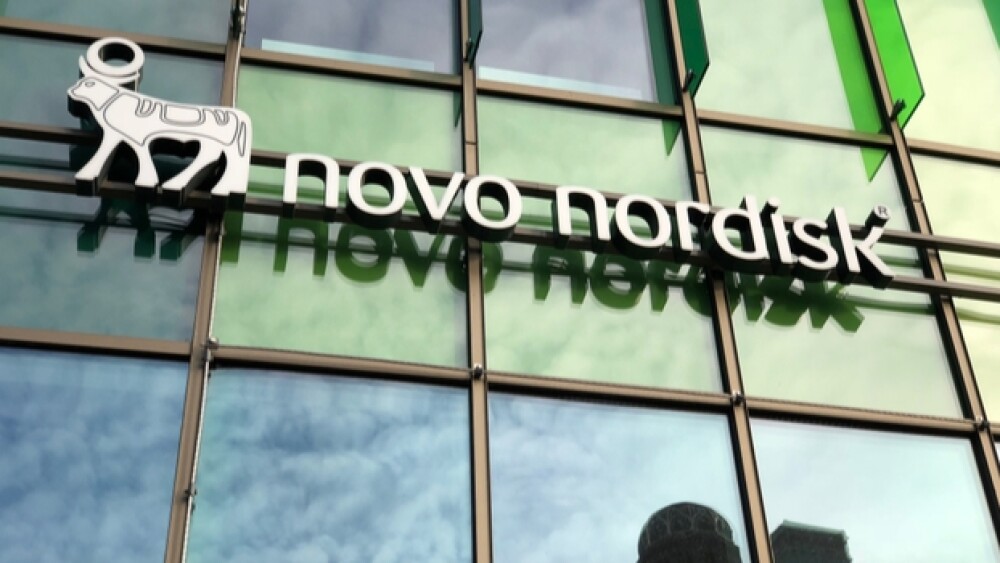New data from Novo Nordisk’s Phase IIIa ONWARD 2 trial studying insulin icodec shows it is effective as a once-weekly treatment for Type 2 diabetes.
Courtesy joreks/Getty Images
New data from Novo Nordisk‘s Phase IIIa ONWARDS 2 trial studying insulin icodec shows it is effective as a once-weekly treatment for Type 2 diabetes.
Insulin icodec differs from other basal insulin products currently on the market, as they require once-daily injections.
The trial reached its primary endpoint, with 37% of adults with type 2 diabetes who received the drug achieving an HbA1C less than 7% without having any indications of low blood sugar (hypoglycemia). This compared to 27% of patients receiving insulin degludec at 26 weeks.
“Insulin remains a cornerstone in diabetes treatment,” a Novo Nordisk spokesperson told BioSpace. “Once-weekly icodec has the potential to become the ideal insulin for people with type 2 diabetes initiating insulin treatment.”
The spokesperson pointed out that fewer injections could potentially help initiate treatment with new patients, increase adherence, decrease treatment burden and “help people with diabetes to achieve their treatment goals.”
Athena Philis-Tsimikas, M.D., principal investigator of ONWARDS 2, also emphasized the importance of the data.
“Once-weekly insulin would be a remarkable step forward in insulin innovation,” she said. “It could offer people with type 2 diabetes reduced treatment complexity and burden by reducing the number of basal insulin injections from 365 to 52 per year, without compromising management of blood sugar.”
On a Diabetes Treatment Satisfaction Questionnaire (DTSQ), participants indicated significantly greater satisfaction with the once-weekly insulin icodec compared to insulin degludec.
In June, Novo Nordisk reported results from two Phase IIIa comparative trials showing insulin icodec was non-inferior to Sanofi’s insulin glargine, Lantus.
The results of ONWARDS 1 demonstrated superiority over insulin glargine. ONWARDS 6 evaluated insulin icodec to Novo’s own Tresiba (insulin dugludec). This trial also hit its primary endpoint, demonstrating non-inferiority over Tresiba.
A Transforming Space
Type 2 diabetes is a hot market, and biopharma companies and researchers are pouring resources into new drugs and treatments. This includes continuous glucose monitors (CGMs) that can transmit blood sugar levels automatically to a smartphone app or other device.
“Patients using these devices can receive a graph of their glucose values over time, which helps them understand the effects of nutrition on glucose control, or how they could modify their exercise to make improvements,” Ilias Spanakis, M.D., associate professor of medicine in the division of endocrinology, diabetes, and nutrition at the University of Maryland School of Medicine, told Time.
Although GLP-1 receptor agonists have proven to be effective, newer versions work on two different receptors. These appear to demonstrate even better glycemic control and have an impact on weight loss.
Sodium-glucose cotransporter-2 (SGLT-2) inhibitors assist the kidneys in removing glucose from the blood. Examples include Janssen (Johnson & Johnson)’s Invokana (canaglifozin), AstraZeneca’s Farxiga (dapaglifozin) and Boehringer Ingelheim/Eli Lilly’s Jardiance (empagliflozin).
Recently, a multinational research collaboration developed yet another compound that seems to fix the metabolic abnormalities that cause Type 2 diabetes. The new peptide is called PATAS.





